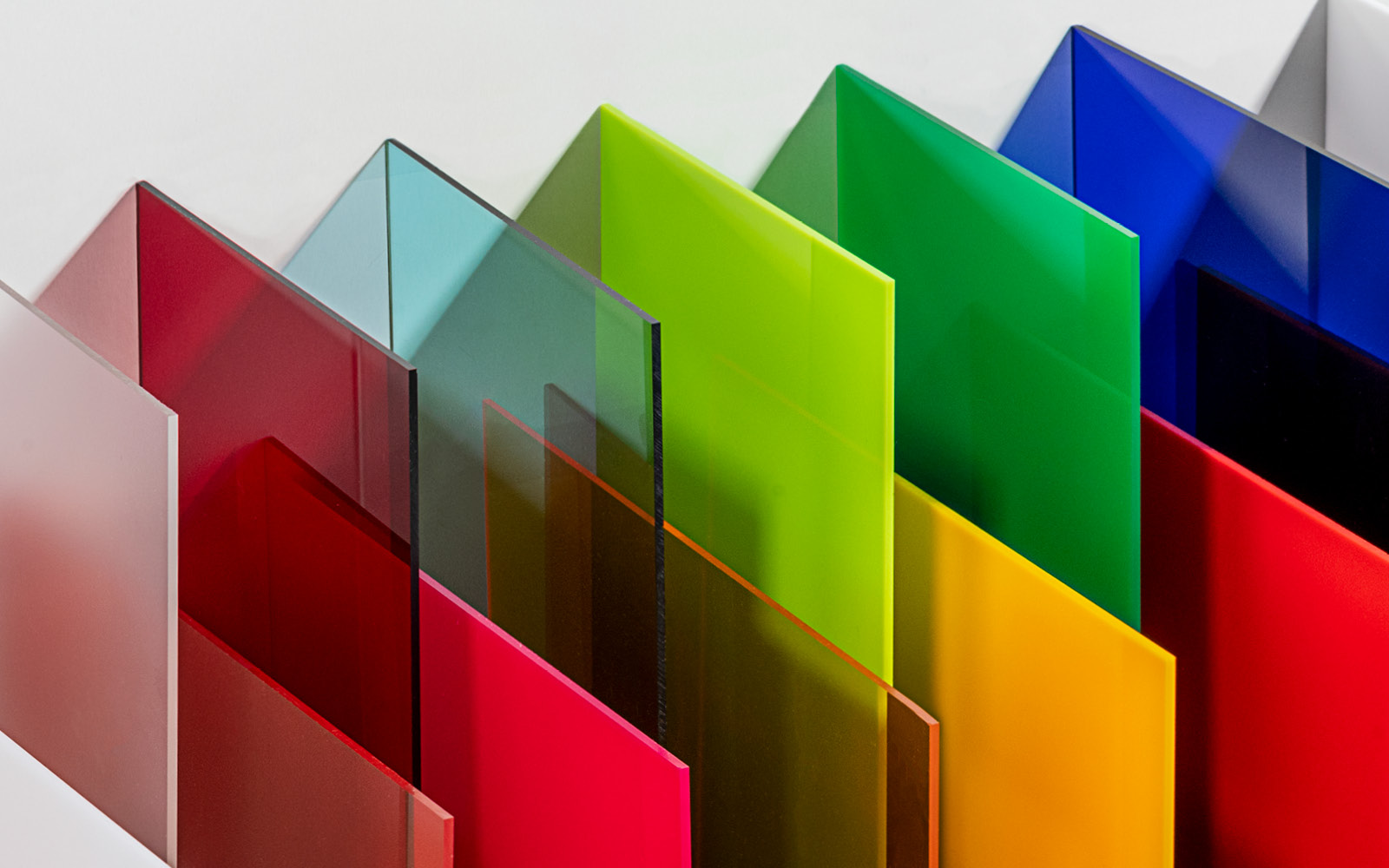
What are sustainable alternatives to glass?
Sustainable alternatives to glass refer to materials that can be used in place of traditional glass while offering similar functionalities with reduced environmental impact. One common sustainable alternative is recycled glass, which involves melting down and reusing glass waste to create new products.
This helps divert glass from landfills and conserves energy and resources compared to producing glass from raw materials. Another option is bio-based plastics, such as PLA (polylactic acid), which are derived from renewable resources like cornstarch or sugarcane. These plastics can be transparent and offer suitable properties for certain applications.
Additionally, there are alternatives like polycarbonate or acrylic, which are lightweight and durable materials often used in place of glass. These materials can be recycled and have lower carbon footprints compared to traditional glass production.
How do sustainable glass alternatives compare to traditional glass in terms of durability?
Sustainable glass alternatives have gained considerable attention in recent years due to their potential to address the environmental impact associated with traditional glass production. When it comes to durability, sustainable glass alternatives often exhibit comparable or even superior performance compared to traditional glass.
These alternatives, such as recycled glass, bio-based glass, or glass made from alternative materials like silica, offer similar levels of strength and resilience as traditional glass. Manufacturers have been able to refine the production processes and incorporate reinforcing additives to enhance the durability of these sustainable glass options.
Are sustainable glass alternatives as transparent and clear as traditional glass?
Sustainable glass alternatives have made significant progress in terms of achieving transparency and clarity comparable to traditional glass. With advancements in technology and manufacturing processes, sustainable glass options can now offer excellent optical properties, making them highly transparent and clear.
For instance, recycled glass can be processed and refined to remove impurities and achieve a high level of clarity. Additionally, alternative materials used in the production of sustainable glass, such as bio-based or silica-based options, can be engineered to mimic the optical characteristics of traditional glass, ensuring transparency and clarity.
Can sustainable glass alternatives be recycled?
Sustainable glass alternatives, such as recycled glass or glass made from alternative materials, are often designed with recyclability in mind. These alternatives can be recycled, contributing to the overall sustainability of the glass industry. Recycled glass, in particular, can go through multiple recycling cycles without losing its properties, making it a valuable material for creating new glass products.
The recycling process for sustainable glass alternatives involves collecting and sorting glass waste, which is then crushed, melted, and molded into new glass items. This closed-loop recycling system helps reduce the demand for raw materials and energy consumption associated with traditional glass production. Furthermore, using recycled glass in the manufacturing process can help lower carbon emissions and minimize landfill waste.
What materials are used to make sustainable glass alternatives?
Sustainable glass alternatives utilize a variety of materials to reduce the environmental impact associated with traditional glass production. Some common materials used in the production of sustainable glass alternatives include:
- Recycled glass: Recycled glass, also known as a cullet, is a prevalent material for sustainable glass alternatives. It involves collecting post-consumer glass waste, such as bottles or jars, and processing it to remove impurities. The purified glass is then melted and molded into new glass products. Using recycled glass not only reduces the demand for raw materials but also saves energy and reduces carbon emissions.
- Bio-based materials: In recent years, researchers have explored bio-based materials as a sustainable alternative to traditional glass. These materials are derived from renewable sources such as plant cellulose or agricultural waste. By incorporating bio-based materials, glass alternatives can reduce their reliance on non-renewable resources and minimize environmental impact during production.
- Silica-based alternatives: Silica, a common component of traditional glass, can also be used in sustainable glass alternatives. However, instead of extracting silica from sand, alternative sources such as rice husk ash or industrial by-products like fly ash can be utilized. These sources reduce the environmental impact associated with traditional silica extraction and offer a more sustainable option for glass production.
By incorporating these materials, sustainable glass alternatives aim to reduce resource consumption, energy use, and waste generation, ultimately promoting a more environmentally friendly approach to glass manufacturing.
Are sustainable glass alternatives more lightweight than traditional glass?
Sustainable glass alternatives often have the advantage of being more lightweight than traditional glass. This characteristic is a result of several factors, including the use of alternative materials and advancements in manufacturing techniques.
For instance, some sustainable glass alternatives, such as bio-based glass or glass made from silica-based alternatives, can have lower density compared to traditional glass, making them inherently lighter.
Additionally, the incorporation of reinforcing additives or the utilization of innovative production methods allows manufacturers to create glass alternatives with reduced thickness while maintaining structural integrity.
By optimizing the material composition and design, sustainable glass alternatives can achieve the desired strength and functionality without the need for excessive thickness, resulting in lighter products.
Leave a Reply